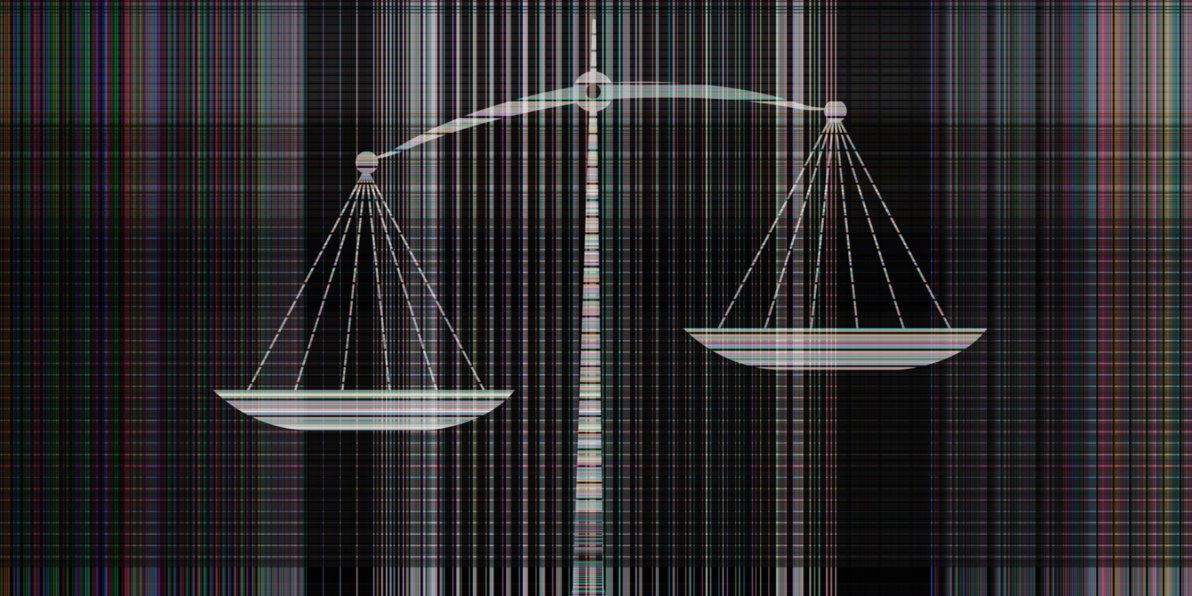
Stanford Law School Tech Law & Policy
@SLSTechLaw
The go-to source for the law, policy, and ethics of technology.
Japan is ramping up efforts to attract medical tourists, focusing on language support and international cooperation. But how will it ensure ethical standards are maintained? Read more in a recent blog post by SLS's Center for Law and the Biosciences: stanford.io/4lMN79K
No Travel Needed: Learn US IP Law @StanfordLaw—Live Online. Join top global IP experts 8/18-22 for the premier IP law program. Topics: US & Tech #IPLaw, #copyright #trademarks #patents #tradesecrets Design protection, #IP license, tech transfer. Apply: conferences.law.stanford.edu/ipsummerschool…

Prof. @PatentScholar Lisa Larimore Ouellette was part of a committee of the National Academies of Science, Engineering, and Medicine that authored this consensus study report. nap.nationalacademies.org/catalog/29157/…
Current U.S. investment in #PharmaceuticalDevelopment, while substantial, does not always yield desired health outcomes or meet the needs of patients. Our new report makes recommendations for aligning investments to address #DiseaseBurden & #UnmetNeed: ow.ly/u3a650WoZlr
Prof. Mark Lemley's (with coauthors) working paper, "Intellectual Property in the New Technological Age 2025: Volume I Chapters 1&2--Perspectives, Trade Secrets", is now available at SSRN. Read it here: #ip #IPlaw #techlaw papers.ssrn.com/sol3/papers.cf…
How is artificial intelligence is changing the legal field? On The Future of Everything podcast, @StanfordLaw Daniel Ho explains how AI can reduce costs and improve access to legal expertise, but rampant hallucinations remain an issue. Watch it here: engineering.stanford.edu/news/future-ai…

“AI is ripe for legal innovation—but high stakes demand caution,” says @StanfordLaw prof Dan Ho. In this @StanfordEng podcast, Ho explains how AI helped counties erase racist housing covenants in days & why sloppy use still leads to 80%+ hallucinations. 🎧 engineering.stanford.edu/news/future-ai…

SLS Professor Allen Weiner was a guest on @CBSNews in "Bay Area technology experts comment on possibility of cyberattacks following U.S. strikes on Iran." Watch it here: stanford.io/44pKMvS
“The first thing that surprised me is how much variation there is," said SLS's Mark Lemley for @arstechnica in "Study: Meta AI model can reproduce almost half of Harry Potter book." Read more here: stanford.io/3IqpLZ7
SLS Professor Mark Lemley wrote an article, "Where are all the Prior Art Users in Patent Cases?", published by the @aipla Quarterly Journal. Read it here: stanford.io/4nOyrsq
Excited for our report launch next week!
Join us on 7/15 for the virtual public release webinar of a new report examining challenges and solutions to better aligning investment in #TherapeuticDevelopment with #DiseaseBurden and #UnmetNeed. Register here: ow.ly/BAGh50WnH7j
Join SLS's David Freeman Engstrom, Margaret Hagan and Daniel Bernal on the Stanford Legal Podcast as they discuss a groundbreaking report by @StanfordCLP and @LegalDesignLab for creating more innovative, modern, and accessible courts. stanford.io/3HGa9Az
No Travel Needed: Learn US IP Law @StanfordLaw—Live Online. Join top global IP experts 8/18-22 for the premier IP law program. Topics: US & Tech #IPLaw, #copyright #trademarks #patents #tradesecrets Design protection, #IP license, tech transfer. Apply: conferences.law.stanford.edu/ipsummerschool…

📢 New policy brief: Legal reform can get bogged down by outdated or cumbersome regulations. Our latest brief with Stanford RegLab scholars presents an AI tool that helps governments—such as the @SFCityAttorney—identify and eliminate such “policy sludge.” hai.stanford.edu/policy/cleanin…
📢 New issue brief: The most serious risks of advanced AI systems often don’t emerge until after deployment. Our latest brief with scholars from RegLab provides policy recommendations for adverse event reporting systems for AI. hai.stanford.edu/policy/adverse…
SLS's Orin Kerr recently published an audiobook version of his new book, "The Digital Fourth Amendment: Privacy and Policing in Our Online World." Learn more about it here: stanford.io/43ILmmy
In a recent episode of the Stanford Legal Podcast, SLS's Daniel Ho and JD/PhD student and computer science researcher Mirac Suzgun discuss the potential benefits and risks of AI-assisted tech in law and policy. Listen to it here: stanford.io/43HCGgj
‘This isn’t just a San Francisco problem.’ San Francisco is combating "policy sludge" by using AI to streamline its municipal processes. Led by SLS Professor Dan Ho and the Stanford RegLab, this project could set a new standard for innovation. stanford.io/4lbORci
Established by a group of law students last year, the Stanford Space Law Society (SSLS) seeks to foster a collaborative interdisciplinary dialogue and spread awareness of space law and policy. Learn more about these students and their work here: stanford.io/3HMPQRS
"If the alternative is not having a translator, it's clearly an improvement," said SLS's Mark Lemley for @WiStateJournal on a bill that would let AI serve as interpreters in Wisconsin courtrooms. stanford.io/43Q9kxE
"The fact that the answer differs model to model and book to book means that it is very hard to set a clear legal rule that will work across all cases,” said SLS's Mark Lemley for @newscientist on Meta's AI memorized books. Learn more here: stanford.io/4k4T3JY